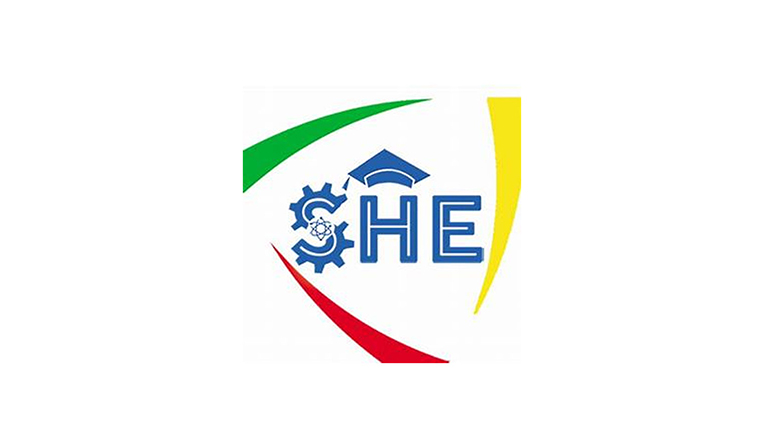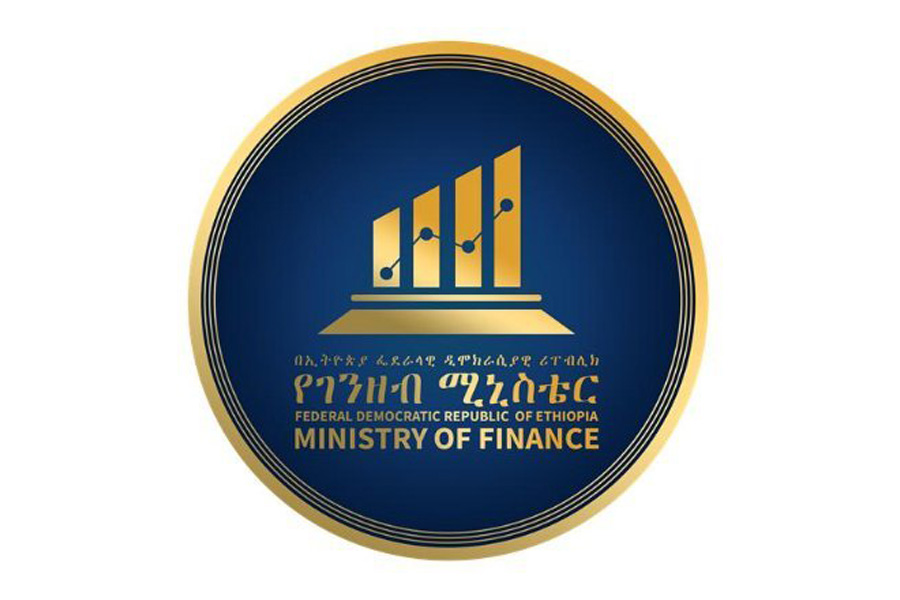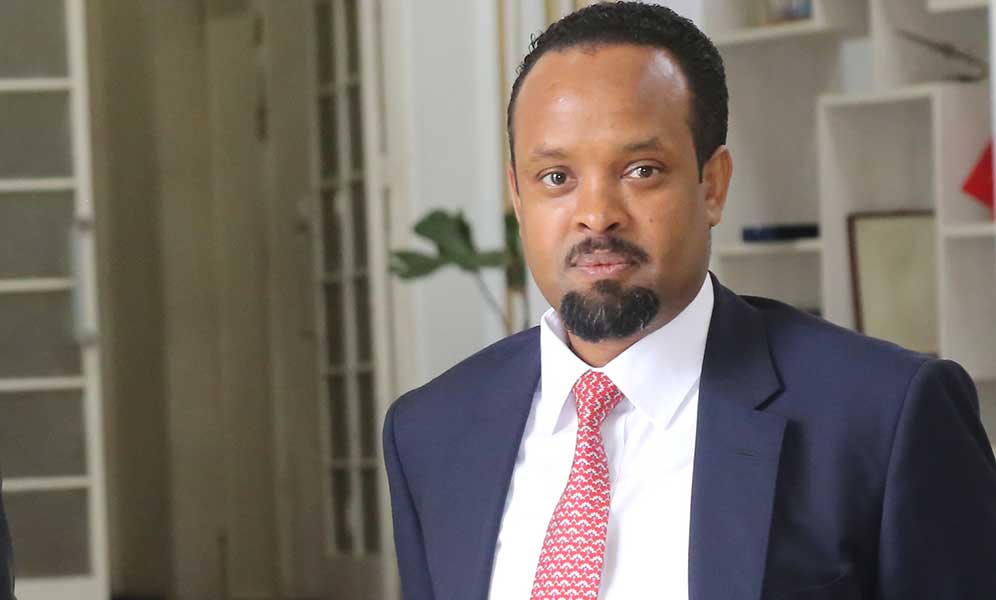
Radar | Aug 10,2025
Jan 16 , 2021
By MAYA MISIKIR ( FORTUNE STAFF WRITER )
 The Ministry of Science & Higher Education, with the support of three consulting firms hired by the World Bank, has prepared the Plan, which passed consultative stages.
The Ministry of Science & Higher Education, with the support of three consulting firms hired by the World Bank, has prepared the Plan, which passed consultative stages. A federal agency in charge of overseeing higher education and vocational training institutions has crafted a programme to intensify digital skills and learning. Dubbed the National Digital Skills Country Action Plan, the policy is expected to prepare students at higher education institutions by enhancing their employability for the digital work sphere over the coming 10 years.
The Ministry of Science & Higher Education, with the support of three consulting firms hired by the World Bank, has prepared the Plan, which passed consultative stages. Members of the Ministry and representatives from the private sector, higher education, and Technical & Vocational Education & Training (TVET) institutions attended the consultation forums.
Developed over the past five months, the Plan needs six billion Birr for implementation, including building ICT infrastructure, virtual laboratories and smart classrooms. It will also go toward investments in professional development, software and tools for learning.
The government, different development organisations, as well as public-private partnerships, are the options to fund the implementation, according to Zelalem Assefa, CEO of the Ethiopian Education & Research Network under the Ministry, which oversees 1,906 higher education and Technical & Vocational Education & Training schools in the country. Fifty of these are public universities, five are private universities, and 245 are private colleges.
The Action Plan comes as part of the World Bank's latest initiative, Digital Economy for Africa, a 25-billion-dollar commitment to providing technical assistance for policy formulation and institutional capacity-building over the coming 10 years.
"Students from these higher education institutions will also engage in community service afterwards," said Zelalem. "This will have spillover effects into other sectors as well."
The Action Plan has five main components to grow digital skills from basic to intermediate and advanced levels. The first component includes creating legal and policy frameworks; crafting and implementing intellectual property policies, EthERNet, and digital procurement. The second component, reforming the current digital skills programme, introduces courses like artificial intelligence, the internet of things, and blockchain to students attending higher education institutions.
The third section of the Plan outlines the necessity of enhancing technology use across higher learning institutions as the education programmes are rolled out. Ensuring a better EthERNet, local area network connectivity for institutes, students and faculty members comes in as the fourth component of the Action Plan.
The Federal TVET Institute has assisted in the research for the Plan in many thematic areas including assessing the current levels of fibre optic connectivity, according to Haftom Gebreegziaber, deputy director-general of the Institute.
“After the assessment," he said, "we've recommended what requirements need to be fulfilled to realise this Plan."
Five individuals from the Institute participated in the assessment, representing technical and leadership positions.
Another thematic study the Institute took part in was updating the digital skills programmes to fit the changing landscape of the industry, according to Haftom.
The final component of the Plan focuses on capacity-building on digital resource management for over 40,000 staff members of the Ministry, higher education and TVET institutes. Challenges anticipated in the rollout are budgetary restrictions, lack of well-coordinated links between different sectors, and the limitation placed on proceedings by the Novel Coronavirus (COVID-19) pandemic.
The Plan should be able to provide support for an equitable reach, according to Tirussew Tefera (PhD), team leader at the Ethiopian Education & Training Roadmap Project.
“There is a huge gap between students coming from private and public institutions as well as between those in rural and urban areas,” he said. “ICT infrastructure is also varied from one institution to another, so it needs to be inclusive."
The focus should also be given to teachers, who are the main actors in this Plan, according to Tirussew.
“It needs to have motivated and dedicated teachers and management to realise its goals,” he said. "Incorporating this at initial levels of education like primary schools should be considered in the future."
PUBLISHED ON
Jan 16,2021 [ VOL
21 , NO
1081]

Radar | Aug 10,2025

Radar | Aug 26,2023

Radar | Feb 11,2023

Radar | Mar 25,2023

Commentaries | Feb 12,2022

Fortune News | Jul 22,2023

Fortune News | Aug 24,2019

Radar | Jul 18,2021

Radar | Jan 09,2021

Radar | Jun 14,2020

Dec 22 , 2024 . By TIZITA SHEWAFERAW
Charged with transforming colossal state-owned enterprises into modern and competitiv...

Aug 18 , 2024 . By AKSAH ITALO
Although predictable Yonas Zerihun's job in the ride-hailing service is not immune to...

Jul 28 , 2024 . By TIZITA SHEWAFERAW
Unhabitual, perhaps too many, Samuel Gebreyohannes, 38, used to occasionally enjoy a couple of beers at breakfast. However, he recently swit...

Jul 13 , 2024 . By AKSAH ITALO
Investors who rely on tractors, trucks, and field vehicles for commuting, transporting commodities, and f...

Oct 25 , 2025
The regulatory machinery is on overdrive. In only two years, no fewer than 35 new pro...

Oct 18 , 2025
The political establishment, notably the ruling party and its top brass, has become p...

Oct 11 , 2025
Ladislas Farago, a roving Associated Press (AP) correspondent, arrived in Ethiopia in...

Oct 4 , 2025
Eyob Tekalegn (PhD) had been in the Governor's chair for only weeks when, on Septembe...